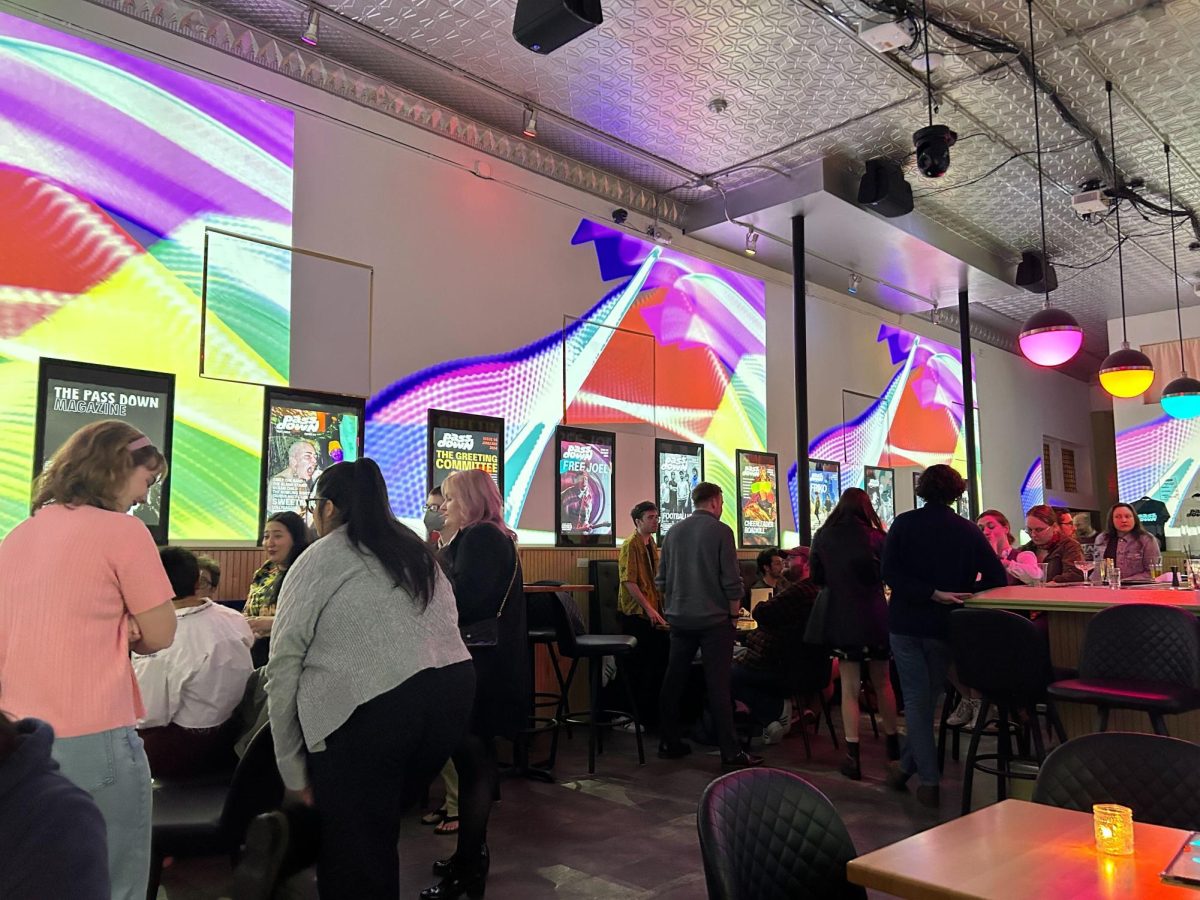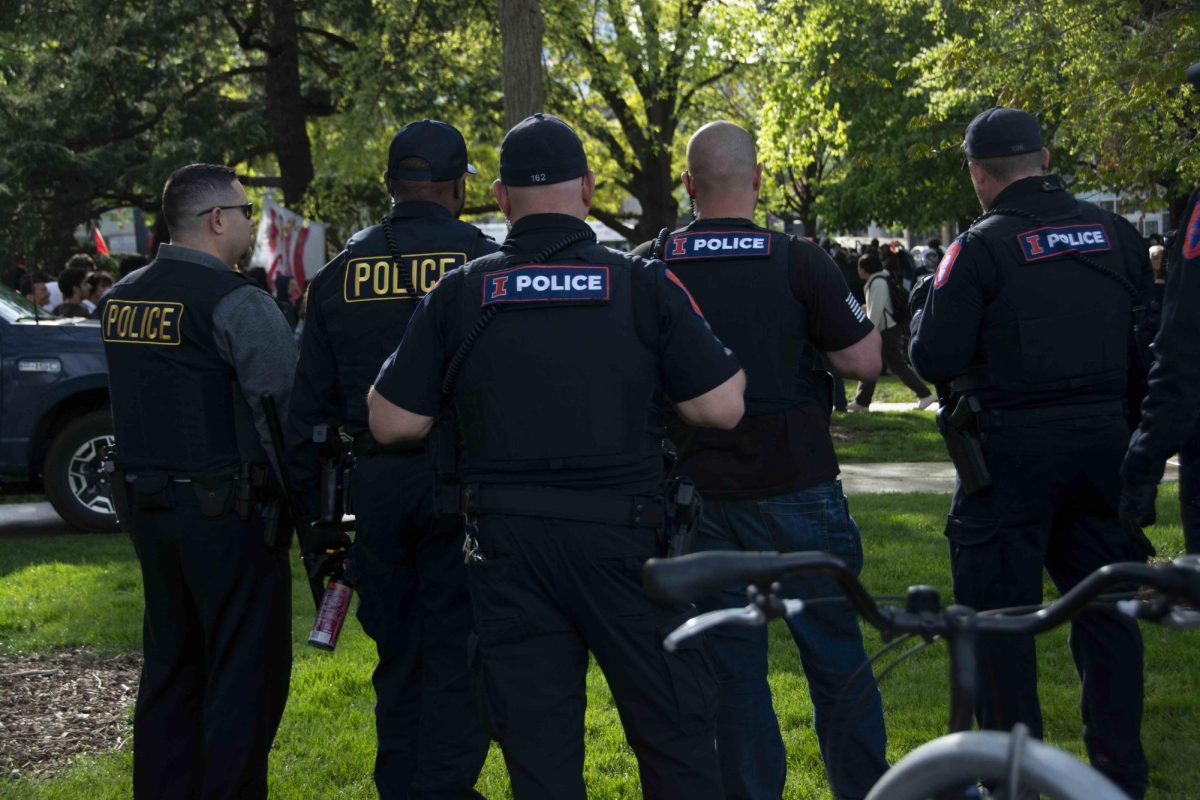Last year, the Congressional Budget Office projected that 23 million Americans would still be uninsured even if President Barack Obama’s sweeping health care package takes effect. As of 2007, there were roughly 55,000 uninsured individuals in Champaign County alone — about 29 percent of the total number of residents — according to a report released by the Illinois Campaign for Better Health Care.
Responding to this pressing need, members of Champaign and Urbana’s Muslim community banded together to open a free clinic, Avicenna Community Health Center, which is staffed every Sunday by University students and volunteer doctors. The center receives funding from charitable donations.
Avicenna, named after the famous Muslim physician from the 1st Century, opened shop on campus at 507 S. Second St., in January of 2010. Since then, Avicenna’s president of the board, Irfan Ahmad, said the free clinic has treated over 550 patients.
Ahmad, who is also the associate director of research for the department of agriculture and biological engineering, said Avicenna is one of more than 1,000 free clinics in the country helping out those in need.
Because of the economic downturn and rising unemployment, Ahmad said “the need has really gone up.”
Get The Daily Illini in your inbox!
Ahmad described Avicenna as part of an “interfaith academia partnership.” Avicenna works together with another free clinic, the Champaign County Christian Health Center, located in the same building, as well as other, more established local health care providers such as Francis Nelson Health Center and Carle Foundation Hospital.
Dr. Shamim Sadiq, Avicenna’s medical director, said the framework for their partnership is one that ensures the best treatment for the patient.
“Smoother transition and continuity of the care for the patient is important,” Sadiq said. “Today, I had a patient, and she’s been having constant pain. The next step is an x-ray, so we had to transfer her to Francis Nelson because unfortunately we don’t have the facilities.”
But Syed Hashmi, medical student at the University who also works at Avicenna, said many patients have to schedule an appointment as far as six months in advance to be seen at Francis Nelson due to overcrowding.
Cooperation between the two health clinics can eliminate this lengthy wait, Hashmi said. He added that Avicenna will refer its “hard” patients — patients who require advanced care or costly laboratory testing — to Francis Nelson while Francis Nelson refers its “easy” patients to Avicenna.
“We can handle the bread-and-butter stuff,” Hashmi said. “If there are hard patients — say an advanced diabetic patient who requires insulin — we will send them to Francis Nelson.”
Ahmad said it is this type of symbiotic relationship, where the patient gains the most, that is ideal.
“It is a quest to provide the best quality service to the patient as a complete person and more than just piecemeal treatment,” Ahmad said.
The quest began almost 10 years ago as a dialogue in the local mosque, Ahmad said. It was then he and others saw the need for a local free clinic. The planning stage was a lengthy process in which they modeled what would become Avicenna after visiting other free clinics around the country. When they first opened, Ahmad said they were only seeing one or two patients a day, but now, in the words of Sadiq, “the word is getting around.” Avicenna has set a goal to treat 1,000 patients in 2011.
Hashmi said another future goal is that the clinic hopes to add a mental health care unit in the next year and eventually a dental health care unit as well. Currently, they primarily focus on hypertension, diabetes and obesity.
But even if Avicenna expands to accommodate more patients, Ahmad acknowledges the problem is too big for any one clinic to solve.
“We cannot solve all the problems. We cannot move the mountain,” Ahmad said. “But we can move stones.”




